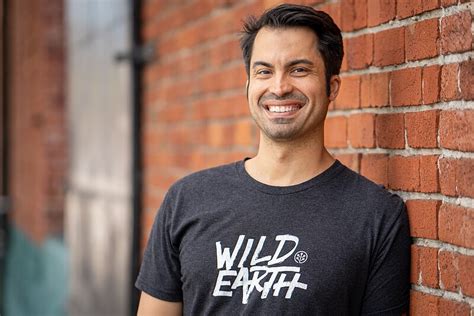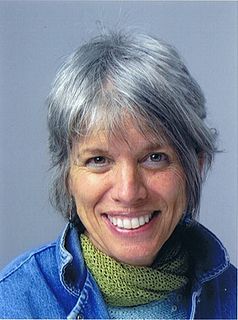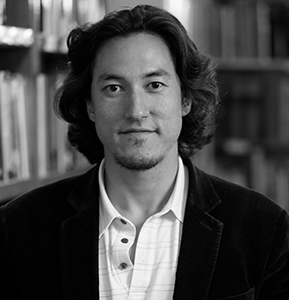A Quote by Ryan Bethencourt
Since the beginning of civilization humans have altered our environment and its biology to allow our civilization to thrive - from domesticating plants and animals to building shelter and tools from living organisms.
Related Quotes
Western Civilization has been in a state of decline since the Edwardian age, say 1910. That was the height of Greco-Roman European civilization. Then there was the First World War. That was the beginning of the end. That civilization has been in a decline ever since. But from the American triumphalist point of view our wonderful electronic revolution is really the forefront of an ongoing wonderful civilization.
It is not just contemporary industrial society that is dysfunctional; it is civilization itself. We humans are born to be creatures of the land and the sea and the stars; we are relations to the animals, cohorts to the plants. Our well being, and the well-being of the very planet depend on our pursuance of our given place within the natural world.
Is civilization progress? The challenge, I think, is clear; and, as clearly, the final answer will be given not by our amassing of knowledge, or by the discoveries of our science, or by the speed of our aircraft, but by the effect of our civilized activities as a whole have upon the quality of our planet's life-the life of plants and animals as that of men.
There is increasing social concern about our use of nonhumans for experiments, food, clothing and entertainment. This concern about animals reflects both our own moral development as a civilization and our recognition that the differences between humans and animals are, for the most part, differences of degree and not of kind.
We're headed for what is called Type 1 Civilization, planetary civilization. Type 2 would be stellar civilization, like Star Trek. Type 3 Civilization would be galactic, like Star Wars. We are Type 0. We get our energy from dead plants, oil and coal. But the question is: Will we make it? Will we make the transition from Type 0 to Type 1? It's not clear.
I don't think we're crumbling as a civilization, but this is not our finest hour, and it's good to be mindful that we're all susceptible to fall and to look at what are the earmarks of a civilization on the wane. What are they - destruction of the environment? Conspicuous consumption? Heard of those?
The world of organisms, of animals and plants, is built up of individuals. I like to think, then, of natural history as the study of life at the level of the individual-of what plants and animals do, how they react to each other and their environment, how they are organized into larger groupings like populations and communities.
Usually without realizing it, our ultimate peace starts and ends in the authority of God alone, which means the solution to living in joy, peace, and harmony with our fellow men has been here for all since the beginning of mankind and throughout civilization. I have yet to feel the urge to argue politics: it reminds me of getting off the freeway to sit in raging traffic.
The environment is everything that makes up our surroundings and affects our ability to live on the earth - the air we breathe, the water that covers most of the earth's surface, the plants and animals around us, the overall condition of our planet, and much more. Protecting the environment is really important to everyone's welfare - that of our children, as well as that of the future generations.


































